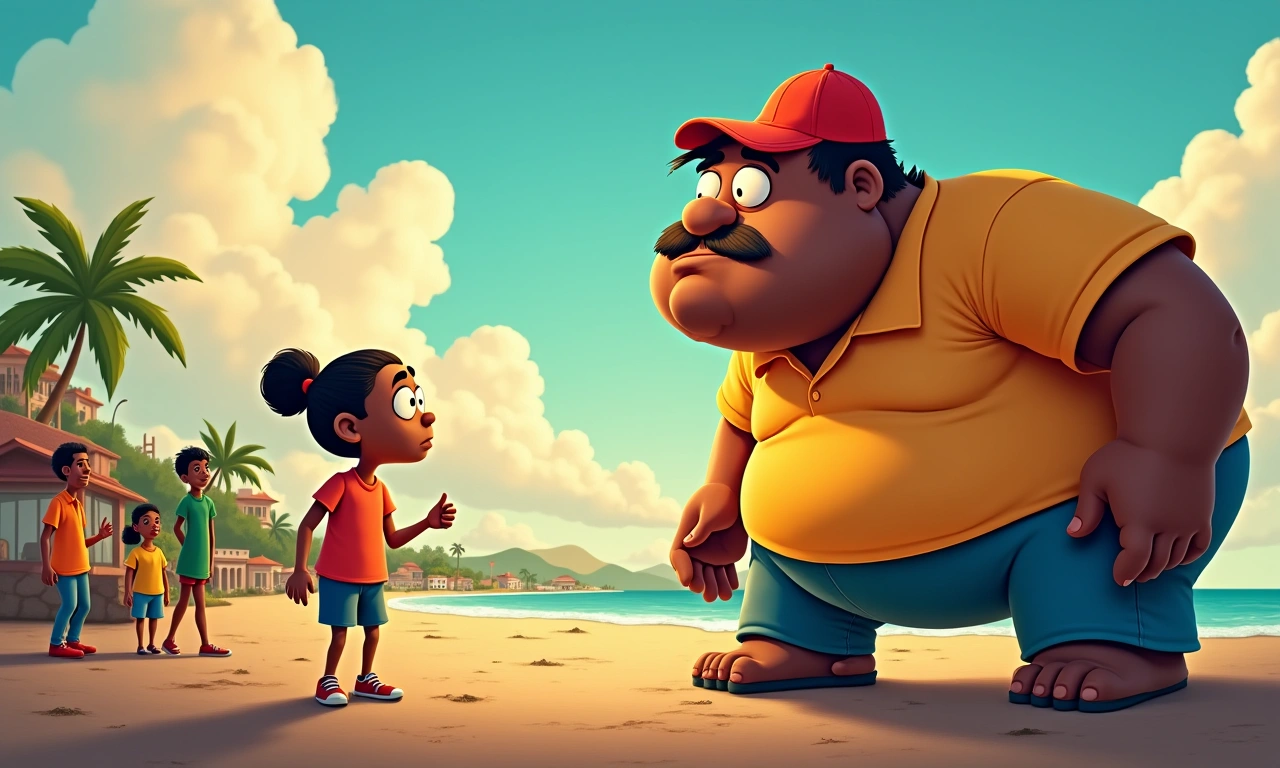Ryan Coogler’s 2018 film Black Panther functions as more than a superhero narrative—it is a layered meditation on postcolonial sovereignty, internal political division, and diaspora responsibility that closely mirrors Haiti’s historical experience.
The fictional African nation of Wakanda, deliberately isolated from the world and dismissed as impoverished while hoarding advanced technology, reflects Haiti’s own paradox: a nation that defeated colonial slavery yet faced systematic erasure from global economic participation.
Coogler’s directorial choices—centering female warriors, emphasizing collective identity over individual wealth, and staging a succession crisis rooted in competing philosophies of national security—echo specific episodes from the Haitian Revolution and the ideological conflicts that shaped Haiti’s early republic.
This analysis explores how the film engages with Haitian history, not through explicit reference, but through structural and thematic parallels that invite viewers familiar with Caribbean history to recognize themselves in Wakanda’s struggles.
Wakanda as Haiti: A Nation Hidden in Plain Sight
Wakanda’s foundational premise rests on a double consciousness: to the outside world, it appears to be a poor, underdeveloped African nation; in reality, it possesses unparalleled technological wealth and resources.
This inversion mirrors Haiti’s historical reality—a nation that liberated itself through revolution and became the first Black republic in the Western Hemisphere, yet was systematically impoverished through international isolation and debt imposed as reparations to France.
The film shows CIA operative Martin Freeman’s character encountering Wakanda with shock and disdain, unable to reconcile the kingdom’s hidden sophistication with its projected poverty. This dynamic reflects Haiti’s experience of Western scrutiny and condescension—the assumption that a Black-led nation cannot possess advanced social or economic systems.
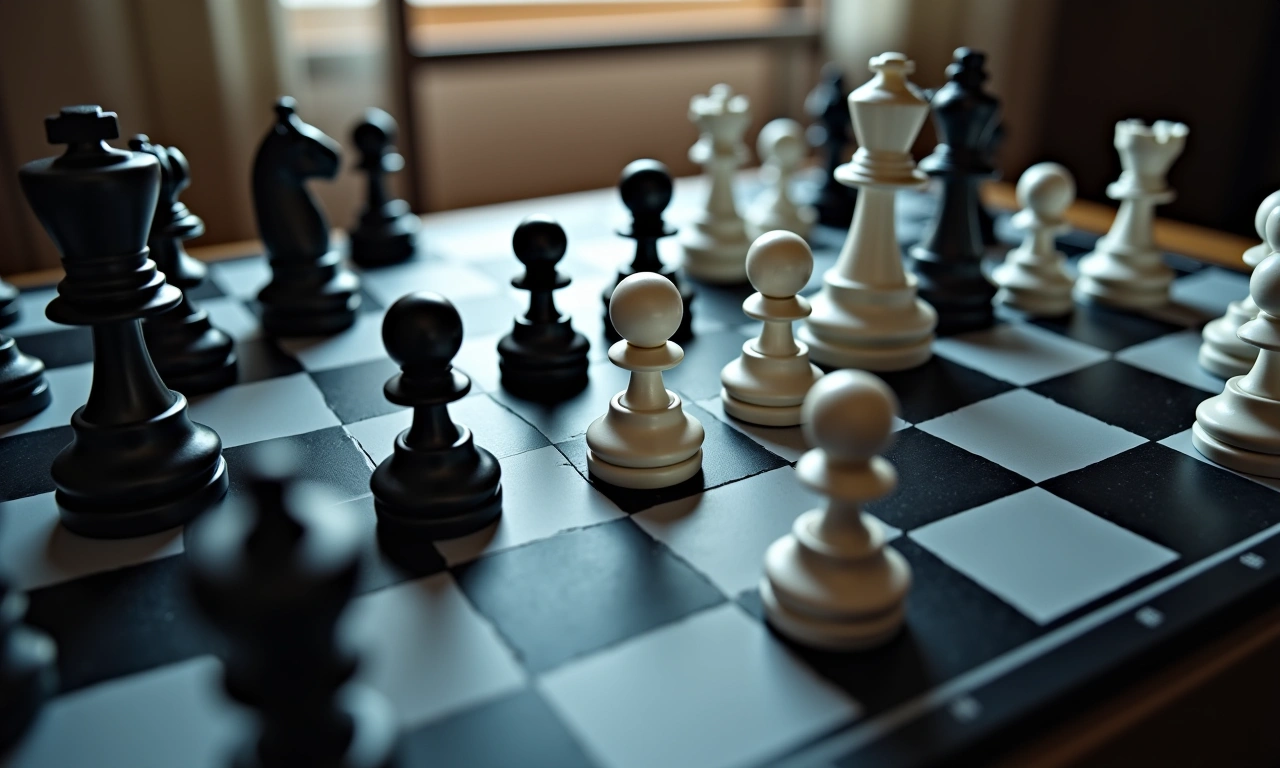
In one of the film’s most politically charged scenes, Wakanda’s women effectively silence Freeman’s character through their collective authority, denying him voice or influence in Wakandan affairs.
This sequence evokes Haiti’s 1805 Constitution, drafted by Jean-Jacques Dessalines, which declared that “no white man…shall put his foot on this territory with the title of master or proprietor, nor shall he acquire any property therein.”
Symbolic Language: Conch Shells, Coronation, and Creole Resonance
W’Kabi signals war in Wakanda by sounding a conch shell, a detail that carries profound historical weight for those familiar with the Haitian Revolution. Conch shells—called “lambi” in Haitian Creole—were central instruments in mobilizing enslaved people during the 1791 uprising that initiated the revolution.
The Marron Inconnu monument in Haiti depicts a runaway slave blowing a conch, symbolizing the call to freedom and the breaking of chains. When Coogler reintroduces this symbol in Wakanda, he anchors the film’s political awakening to a real historical tradition of Black resistance and collective action.
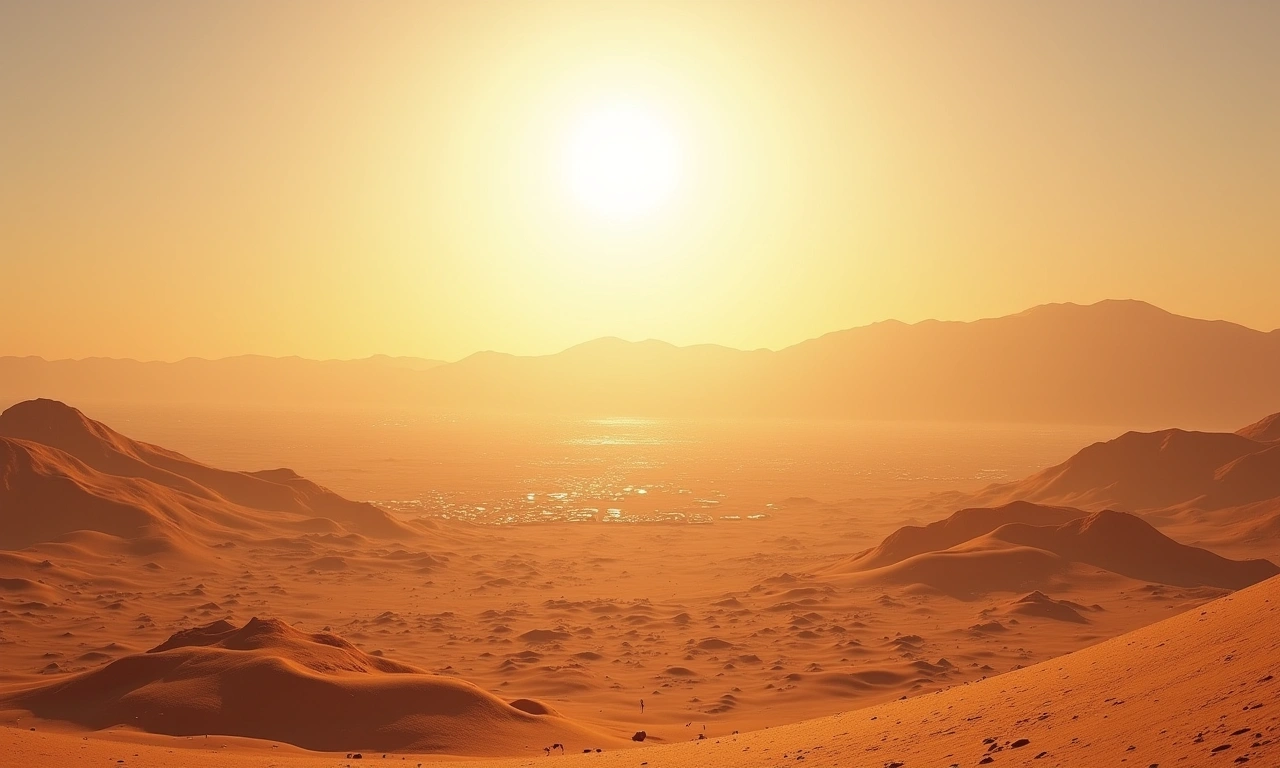
The film’s coronation ritual, in which the new king drinks a ceremonial substance and undergoes a symbolic death before resurrection, echoes historical practices tied to African and Caribbean traditions of spiritual rebirth and community legitimacy. This ceremonial framework emphasizes that Wakandan power flows from collective spiritual and cultural recognition, not merely individual military strength.
The Succession Crisis: Two Visions for National Security
The central conflict of Black Panther pits T’Challa (Chadwick Boseman), the traditional king committed to Wakanda’s isolationism, against Erik Killmonger (Michael B. Jordan), his cousin who wants to weaponize Wakanda’s resources to liberate oppressed people globally. This ideological battle parallels a real historical divide in post-Revolutionary Haiti between two leaders with competing visions for the nation’s future.
Henri Christophe, who ruled the northern kingdom of Haiti from 1807 to 1820, believed that Haiti’s survival depended on building an impenetrable fortress state, establishing rigid discipline, and avoiding entanglement with external powers. Alexandre Pétion, who governed the southern republic, advocated for democratic institutions and sought international recognition through diplomatic engagement with France and other nations.
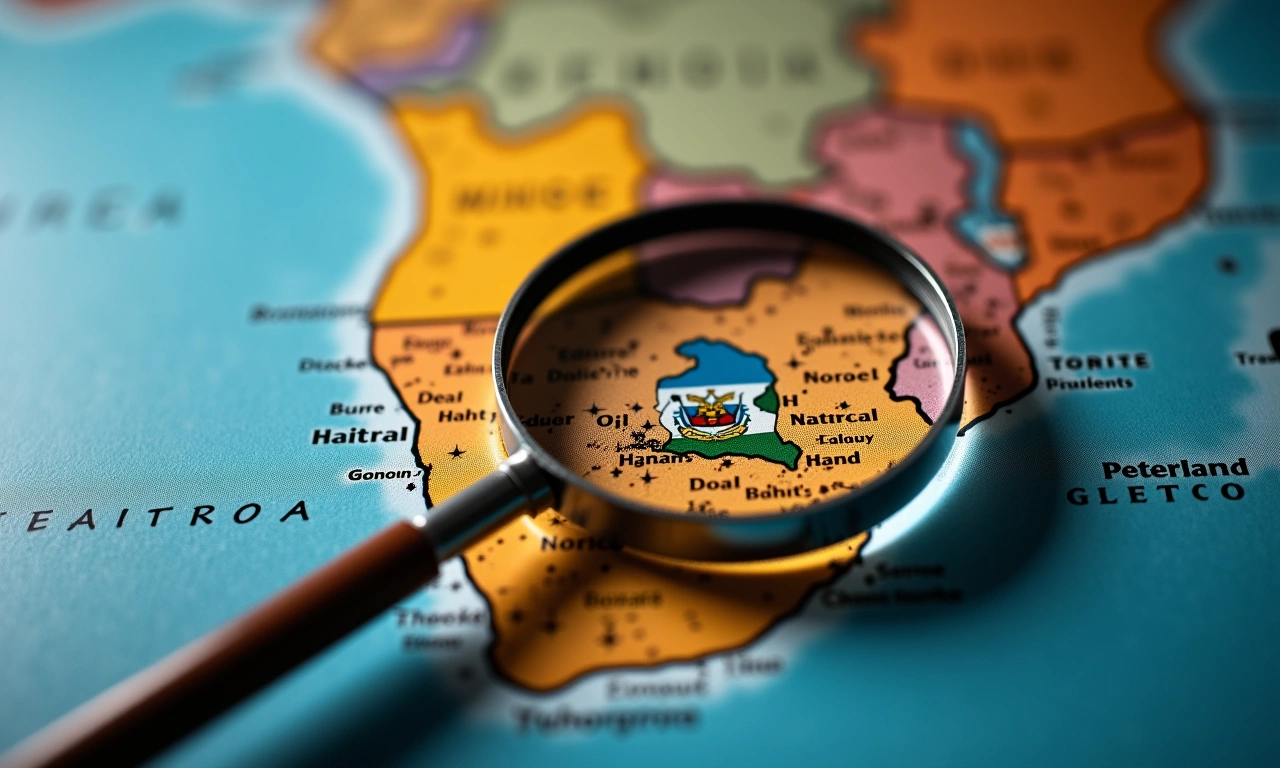
T’Challa’s reasoning—that revealing Wakanda’s resources would destabilize the kingdom and invite exploitation—mirrors Christophe’s logic. Killmonger’s desire to extend Wakandan power outward echoes a tension that both Christophe and Pétion navigated: whether a Black nation, once liberated, had a responsibility to aid other oppressed peoples, or whether survival required strict focus on internal consolidation.
Both leaders ultimately resisted exporting their revolution. Historians note that Dessalines and his successors, including Christophe, agreed not to expand the revolution into neighboring territories or the United States, recognizing that such actions would trigger European retaliation against Haiti’s fragile independence.
The Power of Women in Wakanda and Haiti
Coogler centers female authority throughout the film. Danai Gurira’s character, Okoye, leads the Dora Milaje—an all-female warrior regiment—and functions as the true architect of Wakandan security strategy. She displays unwavering loyalty to the crown itself, not to any individual leader, making her the kingdom’s stabilizing force.
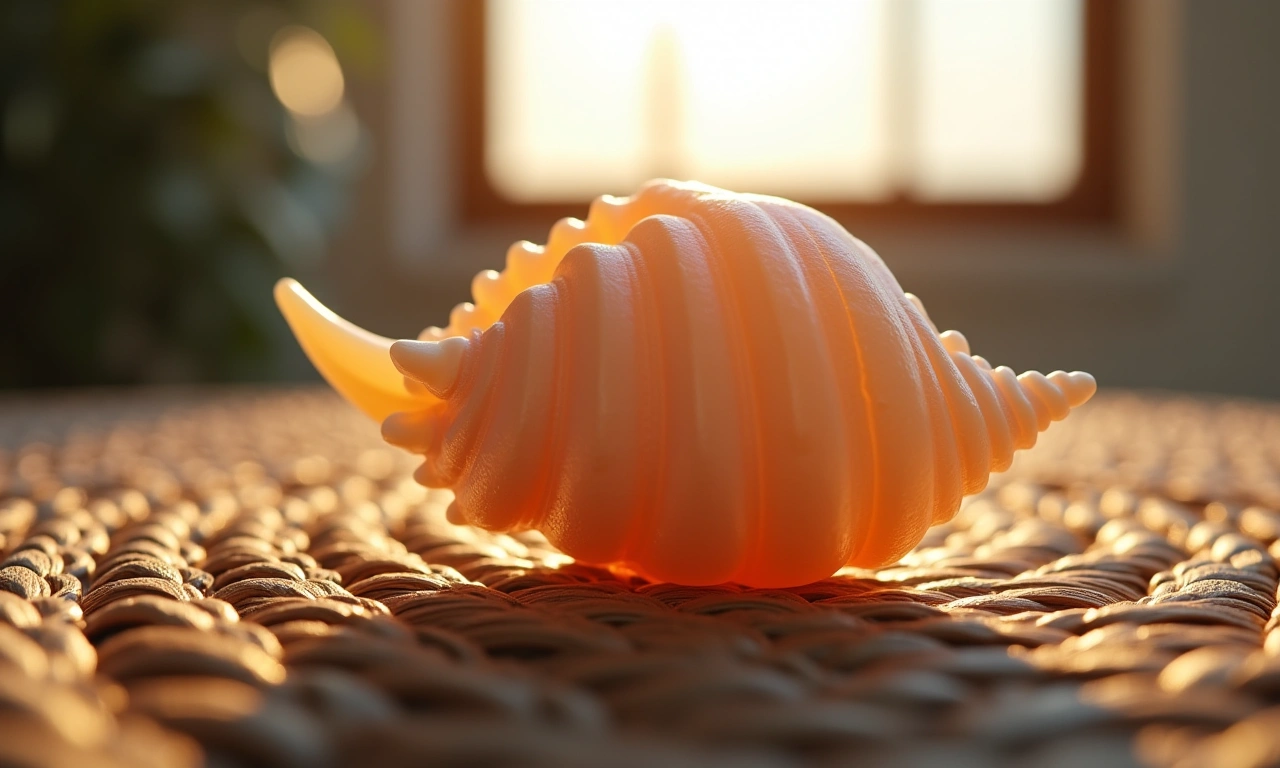
This portrayal resonates with Haiti’s revolutionary history, where women warriors played pivotal roles in securing independence. Marie-Jeanne Lamartinière fought at the Battle of Crête-à-Pierrot in 1802, reportedly loading cannons and fighting on the front lines alongside her husband while also serving as an aide-de-camp.
Sanité Belair rose to the rank of lieutenant in Toussaint Louverture’s army and is venerated as one of Haiti’s greatest female revolutionaries.
Beyond military roles, Haiti’s market women have long been recognized by economists as vital to the nation’s economic survival and resilience. Similarly, Coogler depicts Wakanda’s female-led institutions—not only the Dora Milaje but also Shuri (Letitia Wright), the scientific genius directing Wakandan technology—as essential to state function.
Shuri’s role parallels how women have historically managed knowledge, resources, and technological innovation in Caribbean societies.
Okoye’s declaration—”I am loyal to whomever sits on the throne”—underscores her commitment to institutional continuity rather than personal allegiance, a principle that sustained Haiti through multiple leadership transitions and external pressures.
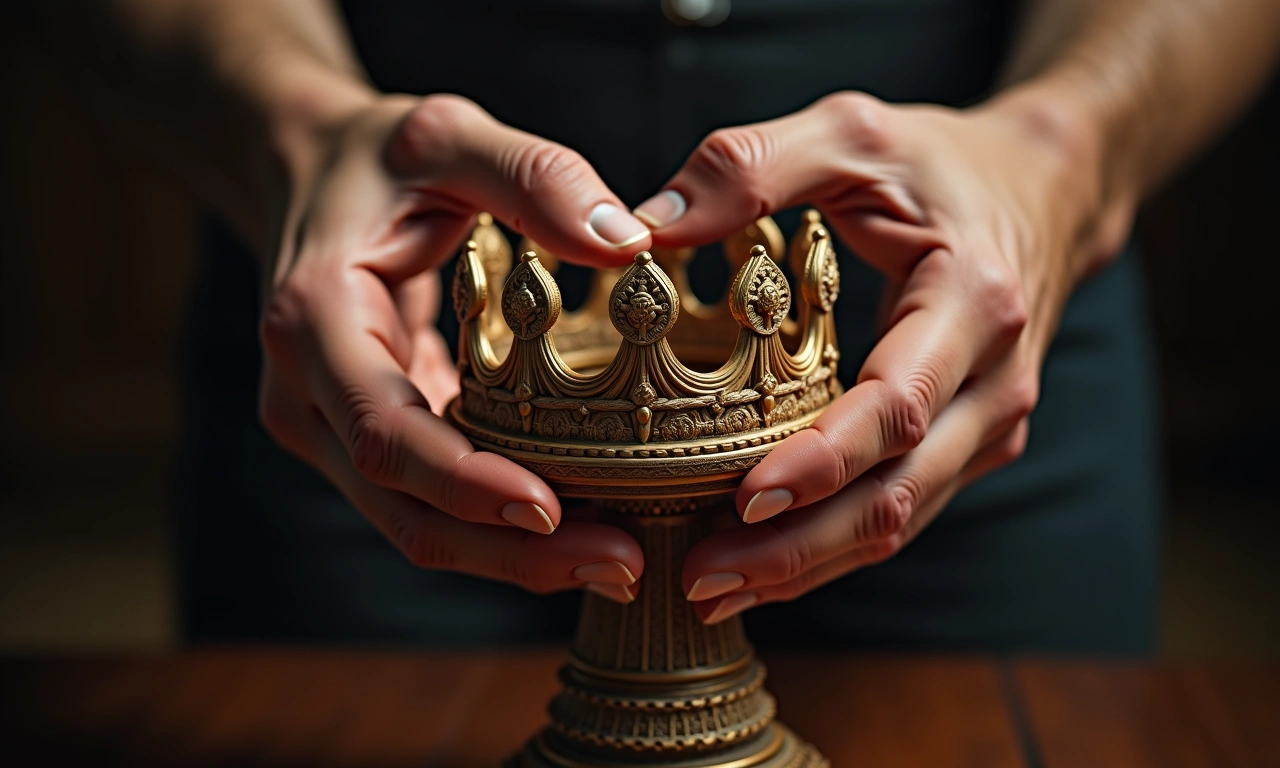
Diaspora, Responsibility, and National Return
T’Challa’s return to Wakanda to assume the throne after his father T’Chaka’s death symbolizes the return of diaspora members to contribute to their homeland. For Haiti, this dynamic is material and urgent: the diaspora—primarily living in the United States, Canada, and the Dominican Republic—sends remittances that constitute approximately 22–24% of Haiti’s GDP.
These remittances do not represent mere charity; they reflect ongoing obligations, family ties, and investments in land and small enterprises. Haiti’s diaspora represents accumulated capital, education, and networks that diaspora members mobilize to support family members, fund community projects, and sustain Haiti’s informal economy during periods of political instability.
T’Challa’s arc—moving from individual ambition to recognizing his responsibility to Wakanda’s global community—mirrors the aspirations many diaspora members hold: to contribute meaningfully to their nation of origin while maintaining safety, economic stability, and family networks abroad.
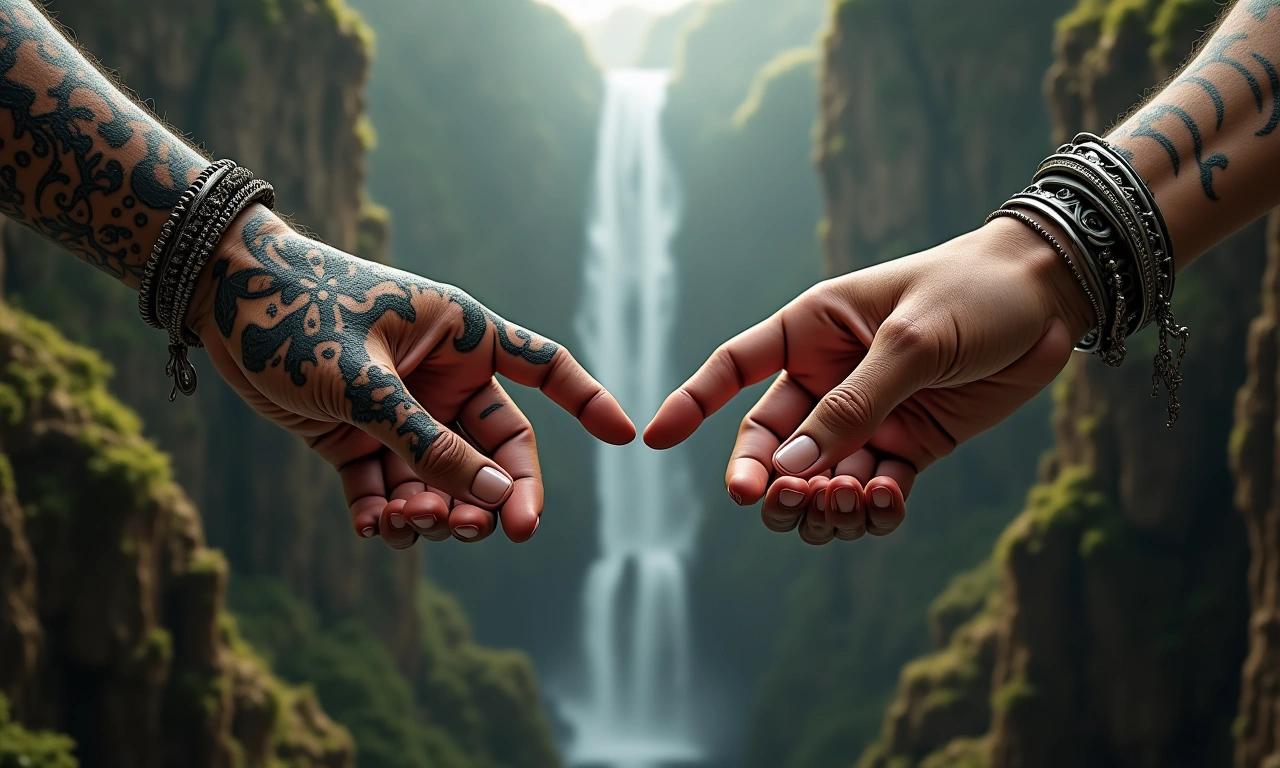
Character Depth and Performance
The cast delivers nuanced performances that elevate the material. Boseman brings gravitas to T’Challa, embodying the tension between tradition and change. Michael B. Jordan’s Killmonger is a charismatic antagonist whose motivations are ideologically coherent—he is not simply a villain but a true believer in Black liberation, making his conflict with T’Challa genuinely tragic rather than melodramatic.
Angela Bassett as Queen Mother Ramonda and Forest Whitaker as Zuri deliver scene-stealing supporting performances, grounding the film’s emotional stakes. Andy Serkis, a character actor known for complex motion-capture roles, brings unpredictability to Ulysses Klaue, infusing the character with both menace and bitter obsession.
Winston Duke’s M’Baku challenges T’Challa for the throne but later becomes an unexpected ally, mirroring Haiti’s history of rival leaders who united against external threats. Lupita Nyong’o’s Nakia embodies romantic agency and political commitment, refusing to be merely decorative in the narrative.
Production and Visual Geography
Coogler filmed Black Panther primarily in Atlanta, Georgia, with key action sequences shot in Busan, South Korea, and the waterfall scenes filmed at Iguazú Falls in Argentina.
While Africa itself does not appear on screen, this decision likely reflects both logistical constraints and the film’s thematic interest in hidden geography—Wakanda remains deliberately obscured, its true landscape concealed from the outside world.
The Busan car chase, referenced in the film’s opening act, showcases world-class filmmaking that honors the tradition of action cinema while centering a predominantly Black cast in roles typically reserved for white actors in American blockbusters.
What Makes This Comparison Different
- It treats Wakanda not as a literal depiction of Africa, but as a metaphorical space where Haiti’s specific historical contradictions—isolation, hidden strength, female-centered resistance, diaspora obligation—find filmic expression.
- It grounds the comparison in verified historical events (the Haitian Revolution, Dessalines’ Constitution, the Christophe-Pétion divide) rather than speculative cultural parallels.
- It acknowledges that Coogler may not have explicitly intended these connections but that the film’s ideological architecture—emphasizing Black self-determination, collective security, and female authority—resonates profoundly with Caribbean liberation history.
- It centers the voices and agency of Black women, recognizing that female warriors, market women, and knowledge-keepers were structural to both Haitian revolutionary society and Wakandan governance in the film.
FAQ: Wakanda and Haiti
Did Ryan Coogler intend Black Panther as a Haitian allegory?
Coogler has not explicitly stated this. However, interviews confirm his interest in crafting narratives about Black sovereignty, self-determination, and the contradictions of power. The parallels to Haitian history may be intuitive rather than deliberate—both the film and Haitian revolutionary history grapple with the same questions about security, isolation, and diaspora responsibility.
Is Wakanda based on a real African nation?
Wakanda is entirely fictional, created for Marvel Comics in the 1960s. The character’s language and cultural practices draw from multiple African sources (the film’s Wakandan dialogue uses the Xhosa language), but Wakanda is a synthesis rather than a representation of any specific nation.
How did conch shells function in the Haitian Revolution?
Conch shells (lambi in Creole) were used as signaling instruments to summon enslaved people to gather and mobilize for resistance. The Marron Inconnu monument—depicting a runaway slave sounding a conch—immortalizes this practice as a symbol of Haiti’s call to freedom and collective action.
What was the Dessalines Constitution, and how does it relate to Wakanda?
In 1805, Haiti’s leader Jean-Jacques Dessalines promulgated a constitution that declared slavery abolished forever and prohibited white men from owning property in Haiti (with exceptions for naturalized Germans and Poles who had fought in the revolution). This was revolutionary because it enshrined Black collective ownership and sovereignty in legal code. Wakanda’s exclusion of outsiders parallels this principle of self-determination.
Why were Henri Christophe and Alexandre Pétion rivals, and what does this have to do with Killmonger?
After Dessalines’ death in 1806, Haiti split between Christophe (ruling the north) and Pétion (governing the south and west). Christophe favored centralized, militarized governance; Pétion advocated democratic principles and land distribution. Their conflict mirrored the tension in Black Panther between T’Challa’s isolationism and Killmonger’s vision of externally-focused Black liberation. Both historical leaders avoided exporting the revolution, recognizing that survival required consolidation.
How significant are diaspora remittances to Haiti?
Remittances from Haitians living abroad constitute approximately 22–24% of Haiti’s GDP and represent the largest source of foreign currency inflow. These funds support family survival, education, healthcare, and small business investment. Haiti’s diaspora, particularly in the United States, Canada, and the Dominican Republic, maintains deep economic and familial ties to their homeland despite decades of separation.
Editorial Note
This analysis draws on the theatrical release of Black Panther (February 2018), publicly available interviews with cast and crew, and documented historical records of the Haitian Revolution, particularly the leadership of Henri Christophe, Alexandre Pétion, and Jean-Jacques Dessalines. Historical references to women warriors (Marie-Jeanne Lamartinière, Sanité Belair) are sourced from Haitian historical archives and scholarly accounts.
Remittance data are drawn from World Bank development indicators and diaspora engagement reports as of 2024. The comparison between Wakanda and Haiti is interpretive rather than prescriptive—it reflects thematic resonances rather than explicit narrative intent. Readers with corrections, additional historical sources, or different interpretations are encouraged to contribute to the ongoing conversation about cinema, diaspora, and Caribbean sovereignty.
Last Updated on January 15, 2026 by kreyolicious


